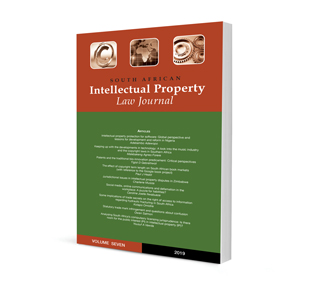
Deficiencies in the tests for distinctiveness and reputation: A discussion of passing off in light of Koni Multinational Brands (Pty) Ltd v Beiersdorf AG
Author Safura Abdool Karim
ISSN: 2521-2591
Affiliations: PhD candidate, University of KwaZulu-Natal; Pupil Advocate, Johannesburg Society of Advocates
Source: South African Intellectual Property Law Journal, 2022, p. 1 – 13
https://doi.org/10.47348/SAIPL/v10/a1
Abstract
The delict of passing off has evolved and expanded incrementally over time and remains a powerful means of protecting unique aspects of one’s products. While passing off seeks to prevent unlawful competition, courts are tasked with balancing which interests ought to be protected by passing off claims against the need to allow market forces and not to unduly constrain competition. The test for passing off has consisted of proof of reputation, misrepresentation and damage. A fundamental component of establishing reputation has been the need to demonstrate its distinctiveness. Notwithstanding this, the law on passing off has also developed to exclude ‘legitimate copying’ – especially where a particularly successful get-up transforms into a market standard. The Supreme Court of Appeal’s decision in Koni Multinational Brands (Pty) Ltd v Beiersdorf AG is an opportunity to consider how these concepts operate in a market where many products share similar features, and where the claimant controls a significant proportion of the market share. While Koni offers much food for thought, this article seeks to explore its treatment of distinctiveness in the context of proving reputation and to offer a pathway to develop this test in a manner that better promotes consumer interests and preserves fair competition.